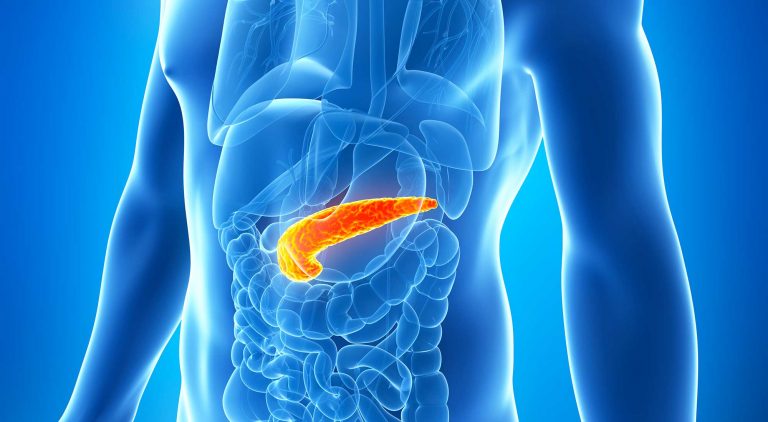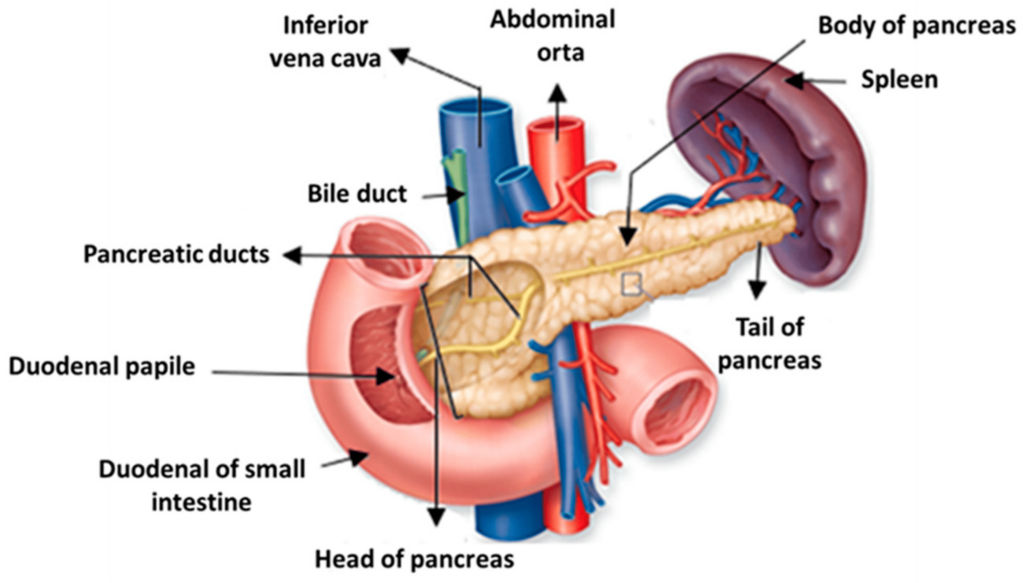The Montpellier Cancer Institute du Cancer and Acobiom announce the signature of a partnership agreement for a clinical trial in pancreatic cancer

Pancreatic cancer is an aggressive cancer. According to the International Agency for Research on Cancer (WHO, Globocan data), the number of new cases of this cancer in 2022 has been estimated at 146,477 in Europe and 510,992 worldwide, rising steadily by 2 to 3% a year. In France, 15,991 new cases per year (FRANCIM network (1990-2018)), of which 50% are diagnosed at the metastatic stage.

Pancreatic cancer is particularly insidious, it’s a “silent” disease with few symptoms, often diagnosed at a late stage.
Its overall 5-year survival rate, all stages combined, is between 5 and 10%, placing it among cancers with a poor prognosis. Validated therapeutic options are limited to surgery and/or chemotherapy.
Apart from resectable situations, for which surgery is the main treatment option; for unresectable and/or metastatic cancer, chemotherapy is the only treatment option, based on platinum salts, Irinotecan, 5Fluorouracil (FOLFIRINOX, FOLFIRI) or gemcitabine as monotherapy or in combination with taxanes.
The ICM (Montpellier Regional Cancer Institute) is the sponsor of the GABRINOX-2 clinical trial, a randomized phase 2 study evaluating the efficacy of sequential treatment with two of the most effective compounds currently available, gemcitabine plus nab-paclitaxel (GEMBRAX) followed by FOLFIRINOX, compared with the reference treatment, FOLFIRINOX, in patients receiving 1st-line metastatic pancreatic cancer treatment.
Currently, there are no predictive factors for treatment response in clinical routine.
In practice, therapeutic decisions are based essentially on a combination of arguments:
- Clinical: the patient’s general condition (ECOG PS); pain regression, age; liver function (by total bilirubin level) and carbohydrate antigen 19-9 (Ca19-9).
- Morphological: assessment of treatment response by TAP scan after 2 months of treatment.
Identifying factors predictive of response to treatment is a major challenge in order to adapt the therapeutic management of patients at an early stage.
To this end, ACOBIOM has developed two predictive RNA signatures, associated with two PCR tests, for response to treatment with FOLFIRINOX and gemcitabine respectively, in first-line metastatic treatment of patients with pancreatic adenocarcinoma. Moreover, because of the problems involved in biopsying this type of tumor (heterogeneity, accessibility), the approach proposed by the company is based on a simple 2.5 ml whole blood sample, taken as part of a visit already scheduled as part of the patient’s standard clinical follow-up.
The aim of this partnership is to confirm the predictive value of the two RNA therapeutic response signatures identified and patented by Acobiom.
The two associated PCR tests, Gemcitest and Folfitest, will be evaluated using blood samples obtained as part of the GABRINOX-2 clinical trial.
The partners will be looking in particular at the overall survival of patients in relation to the predictive value estimated by these two tests, and at the sensitivity and specificity of these two diagnostics.
The press release is available here.

